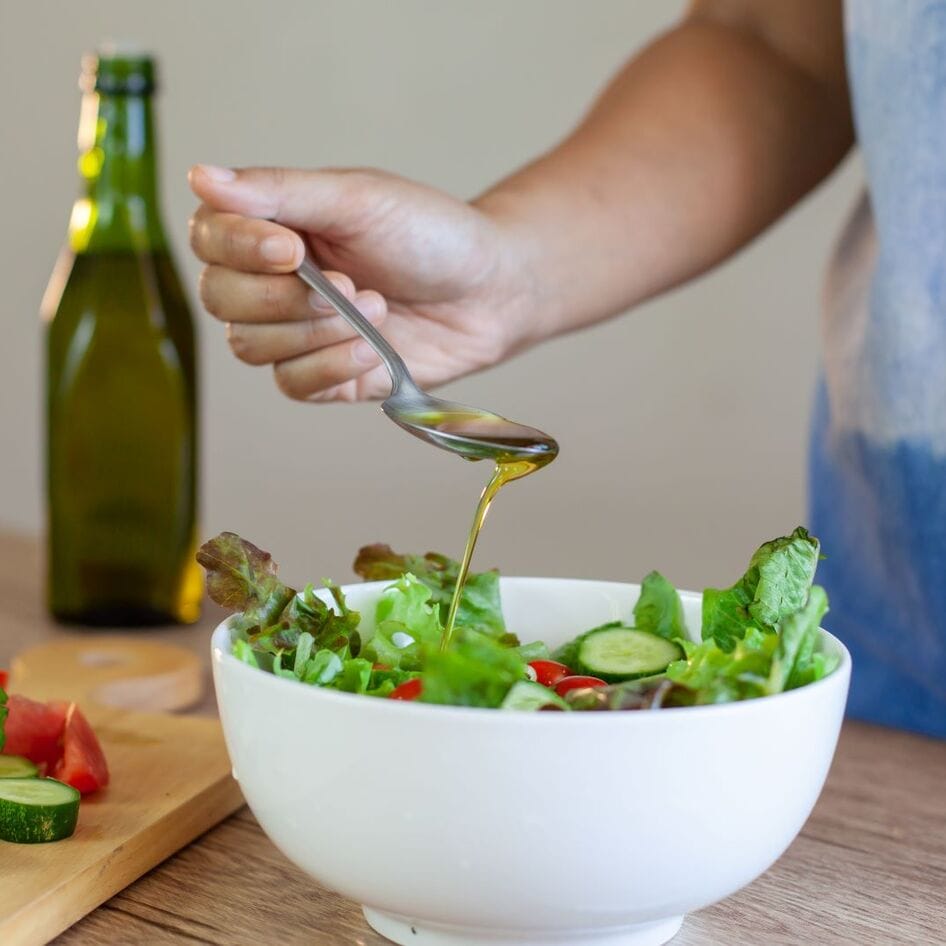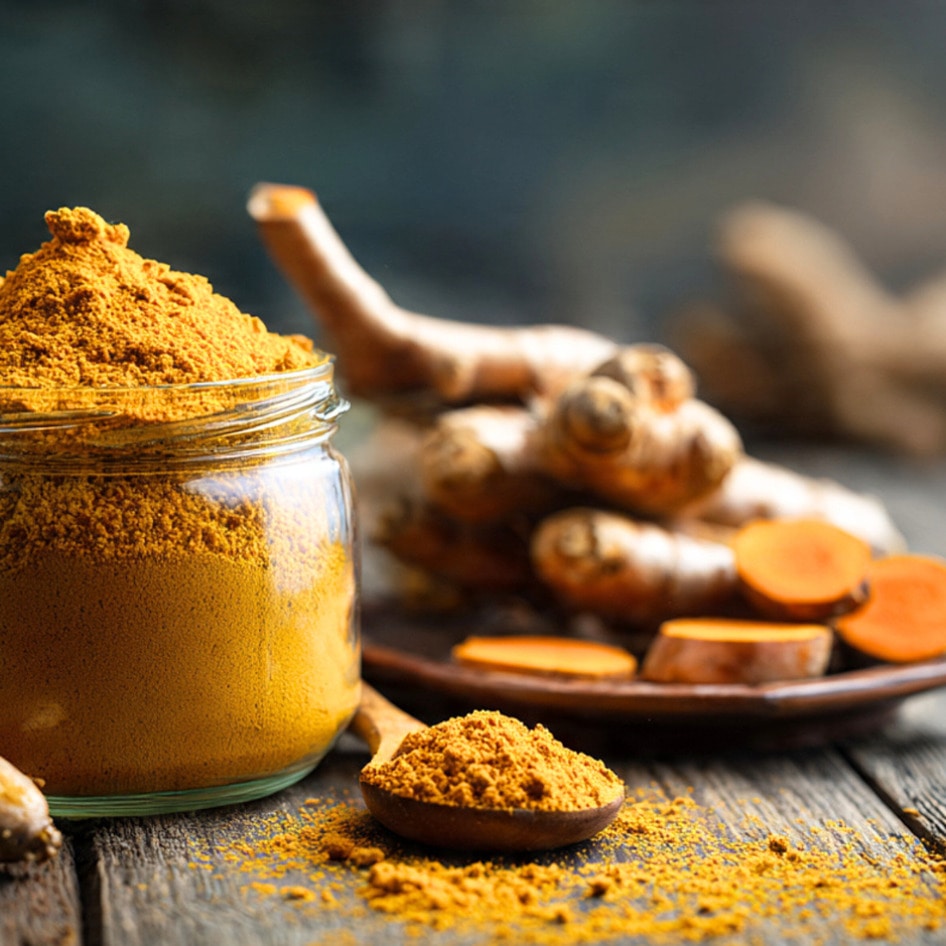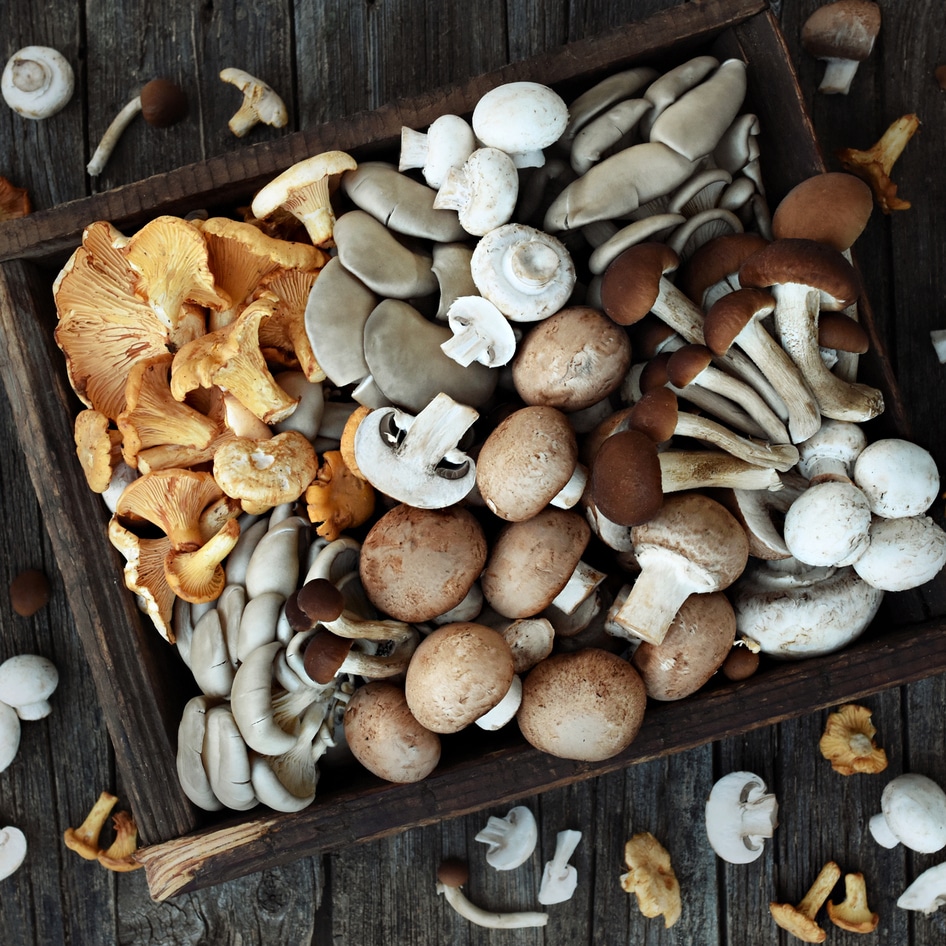The chemical compounds in certain foods, including dark chocolate, cacao powder, green tea, and muscadine grapes, may interfere with the SARS-CoV-2 virus’s ability to replicate and cause COVID-19 symptoms, according to a new study by plant biologists at North Carolina State University. The researchers’ study aimed to evaluate the potential impact of specific nutraceuticals in foods and medicinal plants for preventing or affecting the health outcomes of COVID-19. It used computer simulations and laboratory studies to look at how the Mpro protein—an important player in the replication and transcription processes of the virus—reacted to specific compounds in certain plant foods known for their anti-inflammatory and antioxidant properties.
Computer and lab study
For the computer simulations phase of the study, researchers used two different types of software to perform “docking simulations,” a computer simulation technique used to model the potential interaction between two molecules. The simulations showed that the chemical compounds from two different varieties of muscadine grapes, cacao powder, dark chocolate, and green tea all bound to different portions of the Mpro protein and filled “pockets” on the enzyme, disabling its normal functions. And the vitro lab phase of the study found that the extracts from the green tea and grapes completely inhibited the Mpro activity, and the cacao and dark chocolate reduced the activity by 40 to 50 percent. “Plants use these compounds to protect themselves, so it is not surprising that plant leaves and skins contain these beneficial compounds,” said De-Yu Xie, PhD, professor of plant and microbial biology at NC State and corresponding author of the study.
Further research needed
No human trials have been conducted to evaluate the effects of certain foods on the SARS-CoV-2 virus. The scientists propose further research into whether certain foods and medicinal plants have a protective effect against COVID-19.
JUMP TO ... Latest News | Recipes | Guides | Health | Subscribe







